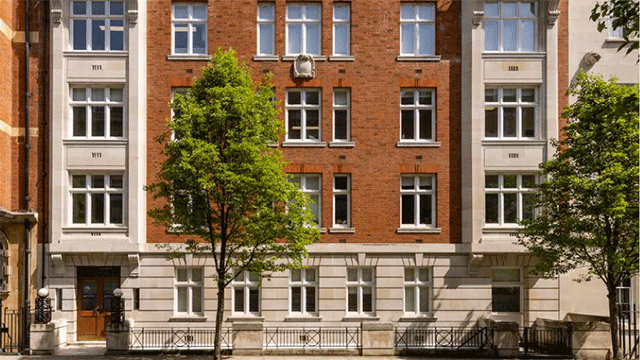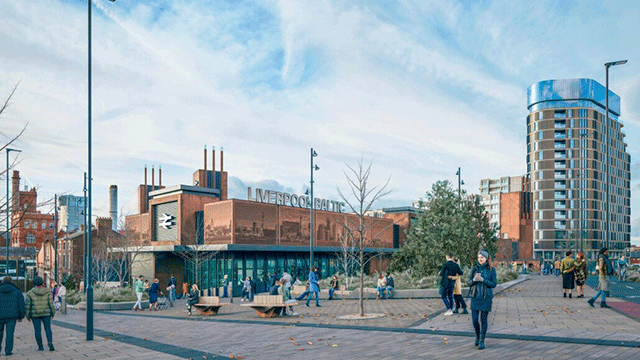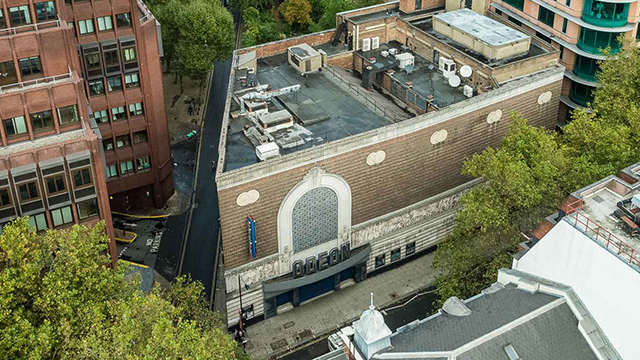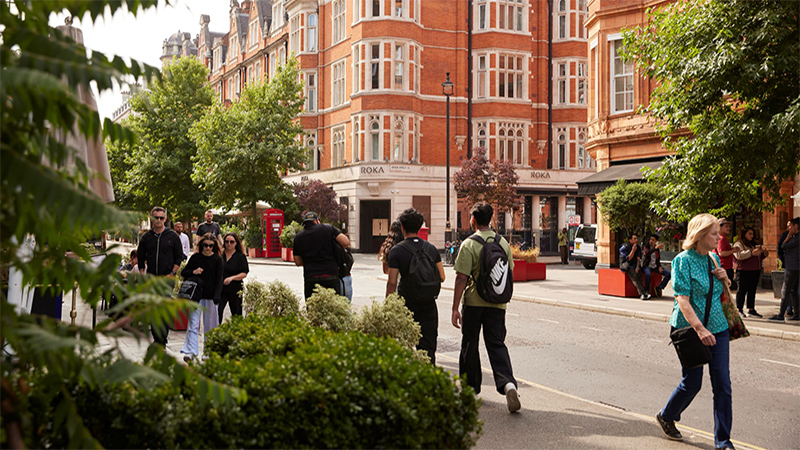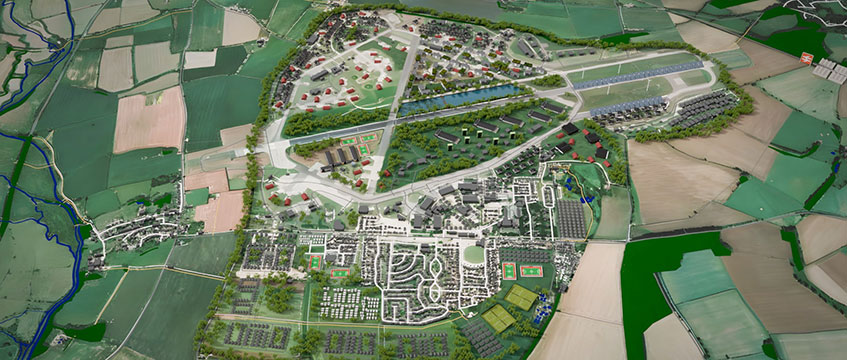Meyer Bergman unveils expansion plans
Meyer Bergman has unveiled plans for a push into the life sciences sector as well as digital economy-focused assets such as data centres and vertical farming.
Chief executive Marcus Meijer told EG he could see the firm’s exposure to these assets classes making up 10% to 15% of its overall portfolio, but that figure could grow closer to 30% to 50% during the coming five years.
In life sciences, the firm will target assets for the medtech and biotech sectors, looking to development opportunities and built assets in areas “where the innovation happens and where universities support biotech start-ups”, such as London, Amsterdam, Berlin, Lyon and Milan, Meijer said.
Meyer Bergman has unveiled plans for a push into the life sciences sector as well as digital economy-focused assets such as data centres and vertical farming.
Chief executive Marcus Meijer told EG he could see the firm’s exposure to these assets classes making up 10% to 15% of its overall portfolio, but that figure could grow closer to 30% to 50% during the coming five years.
In life sciences, the firm will target assets for the medtech and biotech sectors, looking to development opportunities and built assets in areas “where the innovation happens and where universities support biotech start-ups”, such as London, Amsterdam, Berlin, Lyon and Milan, Meijer said.
These assets will ideally cater to life science firms that have “reached a certain point of validation where they can expand staff and can move out of the proverbial garage and have access to their own lab space”, Meijer added.
The firm, which announced its focus on new markets alongside a rebranding as Mark, will also enter the data centres market due to its “compelling” supply and demand dynamics and the need by clients, such as Amazon and Google, for “more capable” data centres than those built several years ago, Meijer said.
The firm will look at investing in secondary cities in established markets and in countries such as Portugal, Spain, Italy and Poland “where there is still a huge amount of scope for data centre development”.
Meijer added that Europe’s core data centre markets – Amsterdam, Frankfurt, London and Paris – were now too highly priced and faced other issues including “planning push back” in Amsterdam and Frankfurt for data centres near residential properties. “People don’t want them close by due to concerns about radiation and potential accidents,” Meijer said. He added that Amsterdam is also nearing capacity for data centres due to power constraints in the city.
Meijer has been building up his teams in these areas and hopes to be fully set up by the end of the year to start investing in its next fund series.
The firm will also grow its exposure to the residential sector, including co-living, following its acquisition of an 800-home portfolio in Frankfurt, Germany, in June, with the establishment of country-specific platforms.
Meijer said he felt the business could be more effective on the sourcing, asset management, sales and leasing with specialised local teams.
Initially this will be focused on Germany and the Netherlands where the company will look to aggregate smaller acquisitions into national portfolios that can be sold to institutions looking for substantial exposure in these markets. However, it will also look at development opportunities in France.
In Germany a gross asset value portfolio of between €500m and €1bn could be created, while in the Netherlands this could be around €500m, Meijer said.
The firm currently manages €7.2bn in gross assets, including €4.3bn in residential, and earlier this year launched its last-mile logistics platform Crossbay, which is targeting up to €2bn in total value.
From the archive: Marcus Meijer on the art of investing
To send feedback, e-mail louise.dransfield@egi.co.uk or tweet @DransfieldL or @estatesgazette




